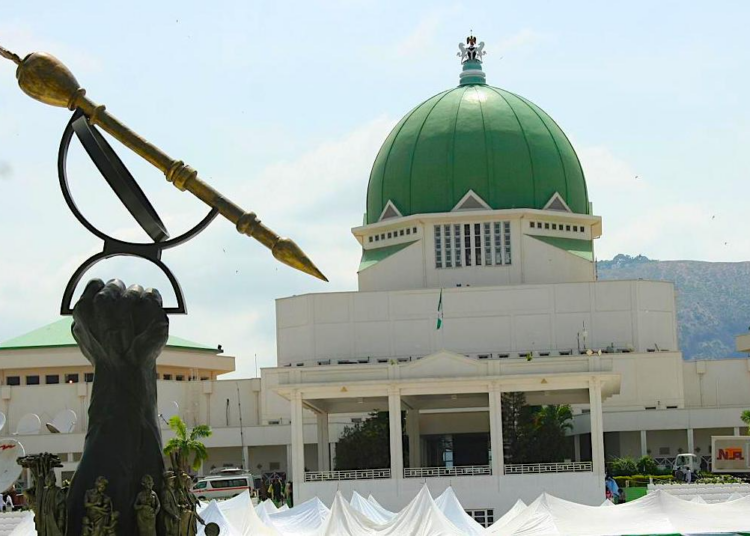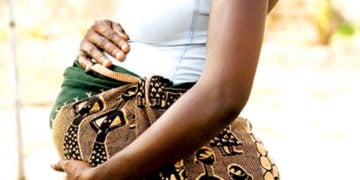As winners of the 25th February, 2023 Presidential and National Assembly elections have been declared (except for areas declared inconclusive by INEC, for National Assembly elections), and with governorship and state House of Assembly elections concluded (except for areas declared as inconclusive), the coast is clear for the inauguration, barring all things, of Bola Ahmed Tinubu as President of the Federal Republic of Nigeria. But this does not in any way pretend to ignore that there are challenges thrown at his emergence especially by those who lost in the contest.
It is already in the public domain that those who lost the election, in this case, the Peoples Democratic Party (PDP) and the Labour Party (LP), had both, filed their individual petition against the result at the Presidential Election Tribunal, with each claiming to be declared as winner. The decision by these parties to pursue this option is quite laudable as, if anything, not only reinforces the commitments of the political class to the democratic process/avenue as the only option of seeking redress. But it also goes a long way in entrenching an enduring democratic culture in the country.
While we await the country’s judiciary process to look into andadjudicate on the matter, come 29th May 2023, Nigeria will witness yet another milestone of a successful transition from civilian to another civilian administration. It is also on record that comes the 11th June 2023; the country’s 10th National Assembly will be inaugurated.
Now that elections have been fought and won, the kernels of the new coming All Progressives Congress’s administration needs not only to reflect the manner in which these elections were fought and won, but must also deliberately reflect the country’s balancing formula.
I say deliberate, because it is the only guarantee to the peace and harmonious existence of the country, and ensuring stability for the new administration.
To this end, while many have suggested the formation of a government of national unity by the incoming new administration. I seek to differ from this view for a number of reasons.
In the first place, the elections, albeit fractious, were clearly well fought and won by the winner with very unambiguous numerical strength, and except for the South East, even in geo-political spread. In addition, to suggest that extraneous elements be brought together has the potential of making the administration unwieldy and open to sabotage by political opponents. Further to this, it is often difficult to pursue a common consensus and the adoption of a common agenda and have often hampered effective governance. We have seen many examples of this across Africa. For instance, Zimbabwe between Robert Mugabe and Morgan Tsangirai; in South Sudan between Salva Kiir and Reck Mersha, and in Kenya, between Uhuru Kenyatta and Raila Odinga.
Lastly, in most cases, the government of national unity, often bandied about as a child of necessity, is tantamount to come and ‘chop syndrome’ that is most often prone to corrupt practices.
So, if questions were to be asked as to what form of strategy should the new administration adopt? Answers to this, although not in any way suggesting the adoption of any specific policy option is on the need to pursue and ensure a system of reward and compensation not only for individuals who have toiled to deliver for the party, but even the regions that have done so. Contextualized within this is the view that the dwindling fortunes of the APC, as seen in its general performances, stems from the its failure to compensate those who have laboured for it hence, the need to make amend.
Flowing from this therefore, in line with the reading of a stanza in our country’s national anthem, viz: ‘the labour of our heroes past shall never be in vain’, there is the need by the new administrationto reward those individuals who have worked for the success of the party with either an appointment or other forms of patronage. Although others might want to argue that once a government finds itself in power, it has moved from superintending the interest of only its members and those who voted for it to include those who did not vote for it.
Much as this is undeniably true, but it also behooves to delicately balance and reach out to those who spent, campaigned and voted for it. Arising from this conversation is the unfolding issue of leadership of both chambers at the National Assembly, the Senate and the House of
Representatives. Although elections in some of the constituencies have been declared inconclusive, it is already settled that the APC is the party in majority and should produce the position of the House Speaker (HS) and the Senate President (SP), the third and fourth person respectively in the country’s hierarchy of authority.
While Nigerians await the release of APC’s zoning arrangement that would determine where persons to occupy the two exalted positions must come from, the jostle as to who occupies these positions has already
begun, and is looking as if they are open to all zones. Of note, at this point is, one, the President-elect is from the South-West and a Moslem; two, the Vice-President elect is from the North East and a Moslem, first and second person respectively in the country’s hierarchy of authority.
Clearly arising from this is the need for both the APC and the coming president to ingeniously come up with a zoning not only for these two positions, but many others to be filled that takes cognisance of the plurality of Nigeria, in terms of zone, ethnicity and even religion.
These differences are realities. We must therefore, work to delicately manage and balance them if we are to guarantee for this country the enduring peace and development we so desire as a nation.
– Ahmed wrote in from Abuja





